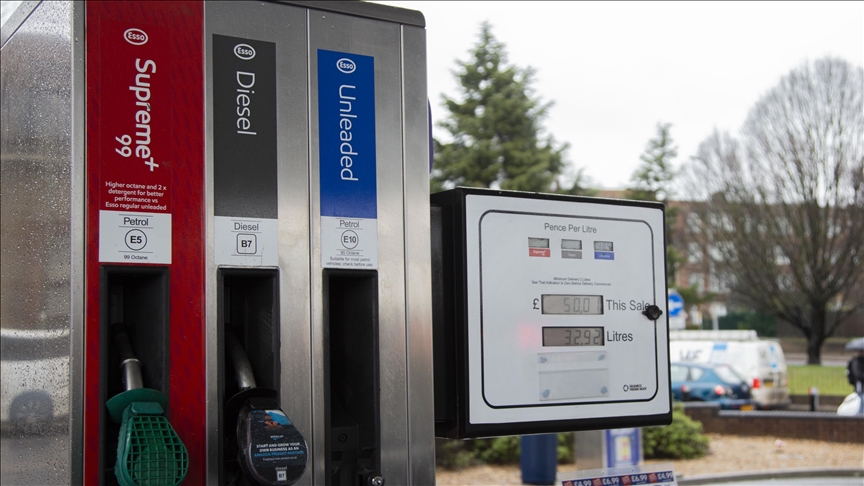
LONDON
A decade after Volkswagen’s emissions scandal shook the global auto industry, five of the world’s biggest carmakers—Mercedes-Benz, Ford, Renault, Nissan, and Peugeot/Citroen—are now facing a landmark High Court trial in London that could redefine how drivers view “clean diesel” forever.
The long-running "dieselgate" class action, which opened this week, brings together around 850,000 motorists who claim they were misled about the environmental performance of their vehicles.
Lawyers say the case could eventually grow to include as many as 1.8 million UK drivers across 14 brands, potentially making it the largest consumer class action in British legal history.
At the heart of the case are allegations that the manufacturers installed “defeat ”devices”—software designed to detect when a car was undergoing official emissions testing and temporarily reduce pollution output to meet EU standards.
Outside of testing conditions, however, the vehicles allegedly reverted to normal performance, emitting far higher levels of nitrogen dioxide and particulate matter than permitted by law.
All five companies have denied any wrongdoing.
Mercedes-Benz said its systems were “legally and technically justified,” while Renault and Stellantis insisted their vehicles complied with all European emissions rules when sold.
Ford dismissed the lawsuit as “without merit,” and Nissan reiterated its “commitment to regulatory compliance in every market.”
The manufacturers are expected to argue that the software in question was intended to protect engines from damage rather than manipulate test results—a technical distinction that could prove crucial to the case’s outcome.
The High Court proceedings, expected to run for three months, will focus on a small sample of diesel vehicles produced by the five companies.
A judgment is not expected until mid-2026.


